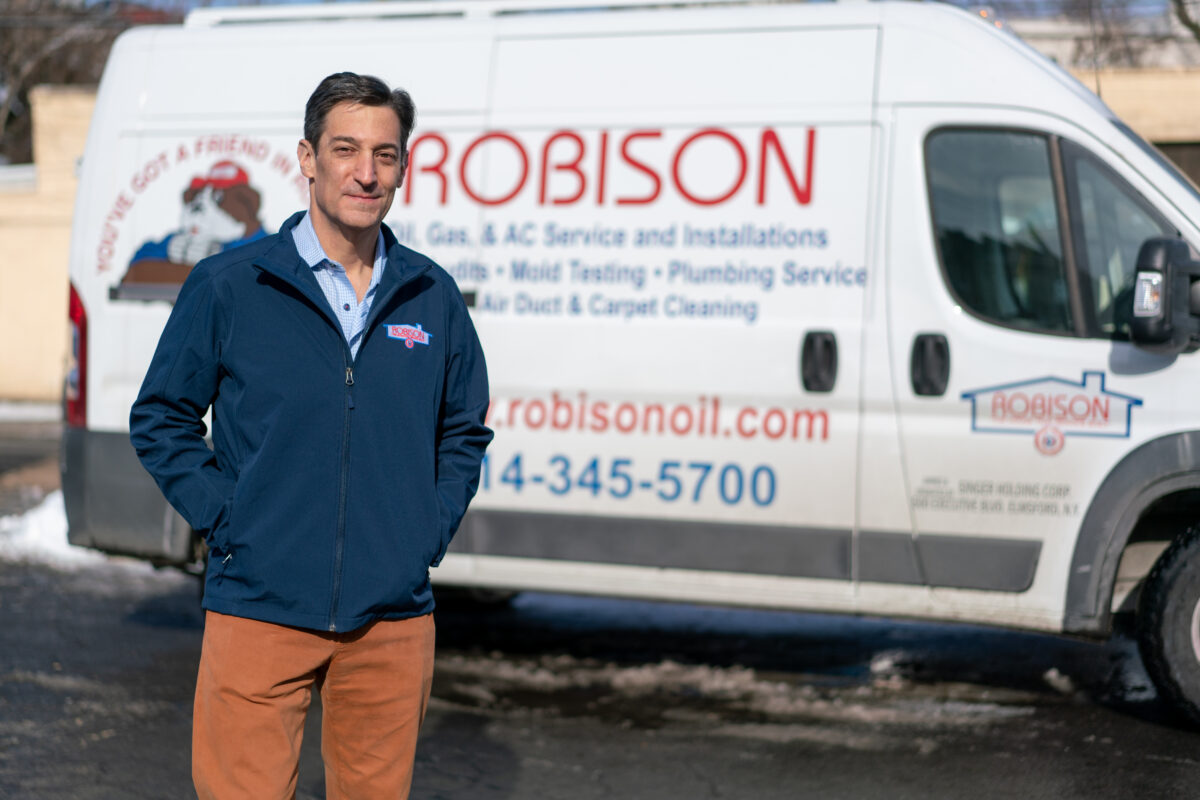With Con Edison on Dec. 1 lifting the four-and-a-half year moratorium that it had placed on new natural gas installations in Westchester, the company was going to hold meetings with plumbers and general contractors to discuss the situation and the availability of new gas service. At the same time, it was planning to contact potential customers who had expressed an interest in gas hookups to let them know about the situation while also providing them with information about non-fossil fuel alternatives.
“As of November 16, 2023, a combination of lower peak demand forecast and increased supply resulting from the Tennessee East 300 Project coming online resolves the Westchester supply-demand gap, eliminates the need for any delivered services in later years, including near-term elimination of the need for compressed natural gas to support the moratorium region’s peak demand, and generally supports reliability of gas service throughout our service territory,” Enver Acevedo, associate counsel in Con Ed’s Law Department wrote to Michelle Phillips at the New York State Public Service Commission on Nov. 17.
The Tennessee East 300 Project is a $246 million upgrade to the natural gas pipeline system involving installing two new compressors and building a entirely new gas compression station in New Jersey.
“We provide electrification education and solutions for customers in which we encourage them to consider full-electrification options,” Acevedo wrote. “We also give them information about subsidies and incentives, rate options, contractors who perform relevant work, and other programs that will enable them to adopt electric heating technologies, like heat pumps, before they submit a gas service application.”
If Con Edison was overly anxious to get people to sign up for new natural gas service, it didn’t seem to show it in Acevedo’s letter.
“We continue to adjust our offerings to accelerate adoption of clean heating solutions,” Acevedo wrote. “Currently, homeowners are eligible for rebates of $10,000 for air-source heat pumps (a promotional increase from $8,000 through the end of 2023) and up to $35,000 for ground-source heat pumps. Incentives are also available to commercial and industrial customers.”
Acevedo said that Con Edison would operate the promotional programs through 2030. He said that most ground-source heat pump jobs and a significant percentage of air-source heat pump jobs occur in Con Ed’s Westchester service territory.
A major heating and cooling contractor in Westchester has been Port Chester-based Robison, which traces its roots back to 1921. Dan Singer, president and CEO of Robison, told the Business Journal, “People should always be thinking about what’s the best way to heat the home and this presents yet another option to weigh if they don’t think that either oil heat or some form of electrification is right for them.”

Singer said that Con Ed’s moratorium, while making things difficult for developers and others who had been counting on being able to hook up to gas service, actually may have had a beneficial effect.
“It certainly stimulated the market for people to start to consider various types of heat pumps and electric-only sources for heating,” Singer said. “It supercharged the effort that Con Edison and those of us who are trying to help people lower their carbon footprint have been making to help people learn about various options. We see a lot of interest in both the geothermal heat pumps as well as the air-source heat pumps. While a lot of people have adopted heat pumps as part of the solution, we’re seeing a lot of people not yet decommissioning their fossil fuel heating system. They go with what we refer to as integrated controls to be able to primarily use an air-source heat pump while still keeping their heating oil or natural gas as a backup, a system that they can use in extremely cold temperatures.”
Singer pointed out that Robison has been offering heating oil customers B20 biofuel, which is a blend of 80% regular heating oil and 20% biodiesel. Biodiesel is made with vegetable oil such as soybean oil, and the B20 burns cleaner than regular heating oil.
Under a state law signed into effect by Gov. Kathy Hochul in May of this year, starting in 2026 new residential and commercial buildings under seven stories in height that contain fewer than 100,000 square feet must be built using “zero emissions” sources for heat and cooking, meaning no use of natural gas or other fossil fuels. Taller buildings and those larger than 100,000 square feet are not covered by the law until 2029, when the ban on fossil fuels would apply to all new construction in New York. Existing buildings are not affected, except if existing fossil fuel systems fail they would need to be replaced with a different type of system.
“For new construction we’ve seen a lot of interest in a variety of heat pumps. We’re actually talking with a number of developers who are implementing geothermal heat pumps,” Singer said.
Under the Inflation Reduction Act of 2022, there is a federal tax credit for residential geothermal system installations of 30% that runs through 2032 and then gradually reduces until expiring in 2034. A state tax credit also is available and there may be other incentives.
“At the end of the day most people seem to want to do things to reduce their carbon footprint and do right by the environment,” Singer said. “Each person seems to have a different tolerance for how much they’re willing to spend to do it. Sometimes when you’re working with an existing setup adding ductwork or expanding the existing infrastructure in the building adds to the cost of the project and makes the return on the investment take longer.”




















